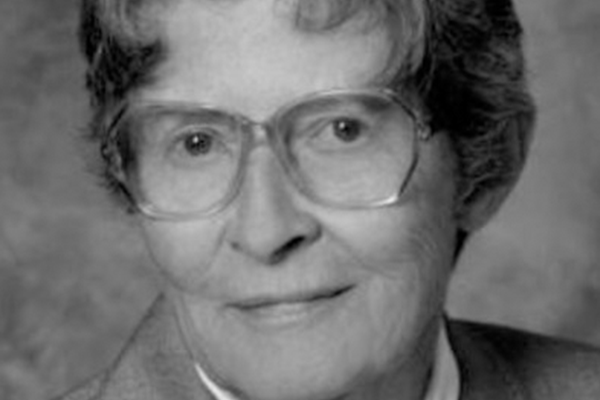Joan Huber: Breaking Barriers

From a small Ohio town to the highest academic office at The Ohio State University, Joan Huber’s journey is a story of intellect, courage, and transformation. She earned a degree in German from Penn State in only two years, a feat that hinted at her intellectual drive. She taught German for a time, but her curiosity soon led her to deeper questions.
By the 1960s, Huber had pivoted to sociology, earning her Ph.D. from Michigan State University. It was a bold move during an era when women were rare in the upper ranks of academia. Her research zeroed in on gender stratification, asking questions few dared to confront: Why have women historically been absent from positions of power and prestige? Her answer was nuanced, weaving together insights from biology and culture. “If we are to understand gender stratification,” she once said, “we must link macro-level structures with micro-level interactions.”
Huber’s career unfolded across some of the nation’s leading universities. At the University of Illinois, she directed the Women’s Studies Program and chaired the Sociology Department, championing equity in both scholarship and institutional practice. In 1984, she joined The Ohio State University as Dean of the College of Social and Behavioral Sciences and later rose to Provost, the university’s chief academic officer. She transformed the university’s leadership, balancing administrative rigor with a vision for inclusivity.
Her influence extended far beyond campus. As president of the American Sociological Association in 1989, she challenged the discipline to confront its blind spots. “Finding that important biodata from studies of sex and gender stratification has been excluded from sociology,” she argued, “I contend that it is critical to acknowledge biological sex differences to comprehend the small role that women have played in activities of more power and prestige.” She received the prestigious Jessie Bernard Award for her contributions to the study of gender and was elected to the American Academy of Arts and Sciences.
After retiring in 1993, Huber’s intellectual fire continued to burn. Her book On the Origins of Gender Inequality (2007) synthesized decades of research, offering a compelling framework for understanding persistent gender gaps. It remains a cornerstone in sociological literature.
Joan Huber’s story is one of curiosity and conviction, a scholar who refused to accept easy answers and whose work continues to shape conversations about gender and power. Her legacy lives on in the countless students she mentored, the policies she shaped, and the ideas that continue to challenge and inspire.
